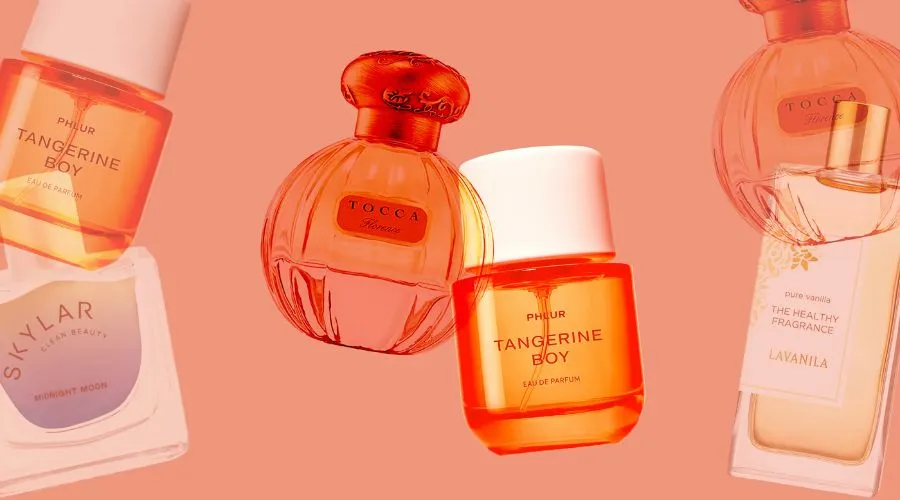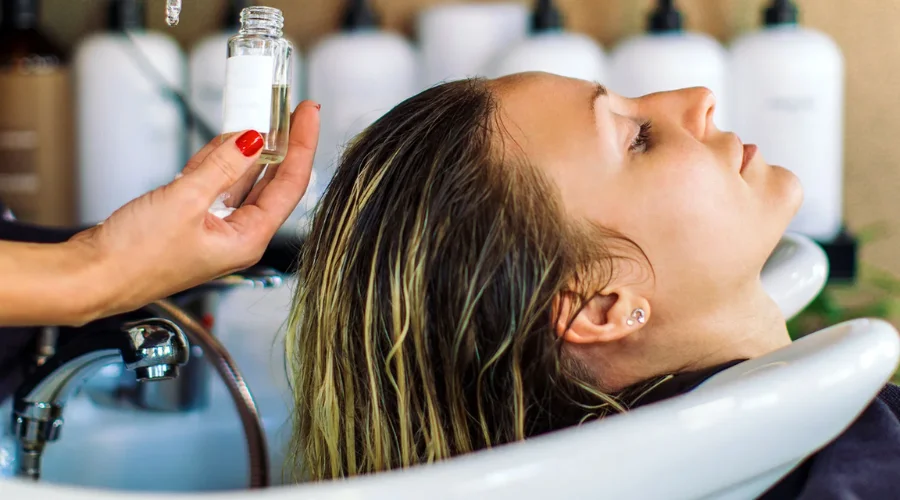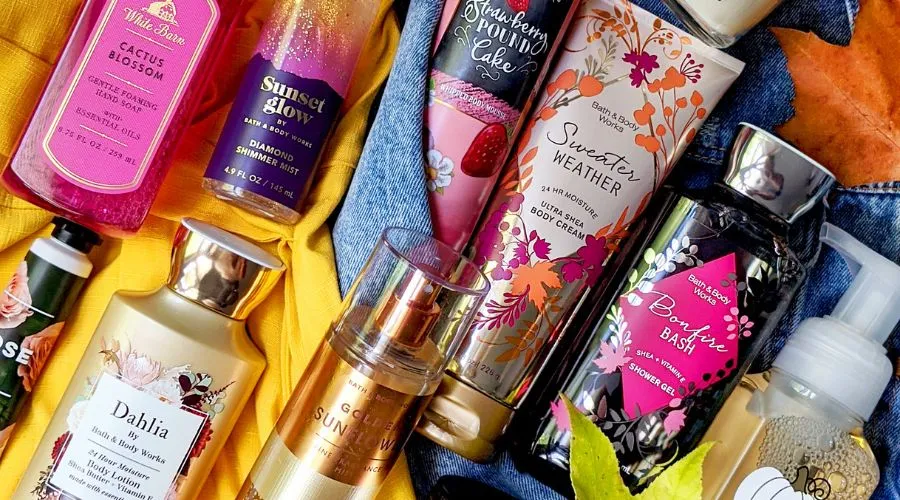
Introduction
In a world dominated by visual and auditory stimuli, the often-overlooked sense of smell plays a powerful role in shaping our experiences. Fragrances, with their ability to evoke memories, enhance moods, and create lasting impressions, have been an integral part of human culture for centuries. This blog explores the fascinating world of fragrances, delving into their history, the science behind them, and the impact they have on our daily lives.
The History of Fragrances
Aromatic Chronicles
Fragrances have a rich and storied history that dates back to ancient civilizations. The earliest known use of perfumes can be traced to ancient Mesopotamia, where people used various aromatic substances to mask unpleasant odors and as offerings to their deities. The Egyptians elevated the art of perfumery to new heights, creating intricate scents for religious ceremonies and personal adornment. They even believed that perfumes could protect against evil spirits.
As trade routes expanded, fragrances made their way to Greece and Rome, where they became symbols of luxury and status. The popularity of perfumes persisted through the Middle Ages, with Arab chemists making significant advancements in distillation techniques. During the Renaissance, perfume regained popularity in Europe, and the royal courts became patrons of renowned perfumers.
The Evolution of Modern Perfumery
The modern era witnessed the rise of commercial perfumery with the establishment of iconic fragrance houses in the 19th century. Houses like Guerlain and Chanel became synonymous with luxury and innovation. The 20th century marked the introduction of synthetic ingredients, broadening the palette of perfumers and allowing for the creation of unique, long-lasting scents.
The Science of Fragrances
Decoding the Aroma
Understanding fragrances involves unraveling the complex science of olfaction—the sense of smell. When we encounter a fragrance, volatile molecules are released into the air. These molecules bind to receptors in the olfactory epithelium, triggering nerve impulses that travel to the brain’s olfactory bulb. The brain then interprets these signals, allowing us to perceive and recognize different scents.
Notes and Composition
Fragrances are often described in terms of notes—distinct phases of a scent’s progression over time. The top notes are the initial, fleeting impressions, followed by the heart notes, which make up the essence of the fragrance. Finally, base notes provide depth and longevity. Perfumers carefully select and combine a variety of natural and synthetic ingredients to create a harmonious composition that unfolds over hours.
The Art of Perfumery
Creating a fragrance is a meticulous process that requires a keen understanding of chemistry, creativity, and an acute sense of smell. Perfumers, often referred to as “noses,” experiment with a vast array of raw materials, from floral absolutes to exotic spices. Blending these ingredients in precise proportions is both an art and a science, with the goal of crafting a scent that is not only appealing but also evokes a specific emotion or atmosphere.
Fragrances in Daily Life
Personal Expression
Fragrances are a personal statement, an invisible accessory that leaves a lasting impression. The choice of a fragrance reflects an individual’s personality, style, and mood. Some prefer light and floral scents for daytime wear, while others opt for deeper, muskier notes for evening occasions. Perfumes and colognes have become an integral part of our grooming routine, adding a touch of luxury to our daily lives.
Fragrances and Memory
The connection between fragrances and memory is a well-documented phenomenon. Certain scents have the power to transport us back in time, unlocking memories and emotions long forgotten. Whether it’s the scent of a loved one’s perfume, the aroma of a childhood home, or the fragrance of a particular season, our olfactory memories are deeply intertwined with our life experiences.
Aromatherapy and Well-being
Beyond aesthetics, fragrances play a role in enhancing well-being. Aromatherapy, the practice of using scents to promote physical and mental well-being, has gained popularity. Essential oils extracted from plants are used in diffusers, massages, and baths to induce relaxation, reduce stress, and even alleviate certain health conditions. Lavender, chamomile, and eucalyptus are among the popular choices for their calming and therapeutic properties.
Choosing the Perfect Fragrance
The Fragrance Wardrobe
Selecting the right fragrance can be a daunting task with the myriad of options available. Fragrances are often categorized into families such as floral, oriental, woody, and fresh. Understanding these categories and experimenting with different scents helps individuals curate their fragrance wardrobe—a collection of scents for various occasions and moods.
Testing and Sampling
The best way to discover a fragrance that resonates with you is through testing and sampling. Fragrances can smell different on each person due to variations in body chemistry. Visiting a perfume counter and trying a scent on your skin allows you to experience how it evolves over time and how it interacts with your natural scent. Many fragrance houses also offer sample sets, allowing you to explore a range of scents before committing to a full-sized bottle.
Seasonal Considerations
The season and climate can significantly impact how a fragrance performs. Lighter, fresher scents are often preferred in warm weather, while richer, warmer fragrances shine in colder months. Consider the environment in which you’ll be wearing the fragrance, and choose accordingly to ensure that it complements the mood and atmosphere.
Conclusion
Fragrances, with their ability to captivate the senses and evoke emotions, are much more than pleasant scents. They carry the weight of history, blend art and science seamlessly, and become an integral part of our personal and cultural identity. As we continue to explore and appreciate the world of fragrances, let us not only revel in the beauty of their aroma but also recognize the profound impact they have on our daily lives. In a world filled with noise, the allure of fragrances invites us to pause, breathe, and savor the subtle magic that unfolds with every whiff.




